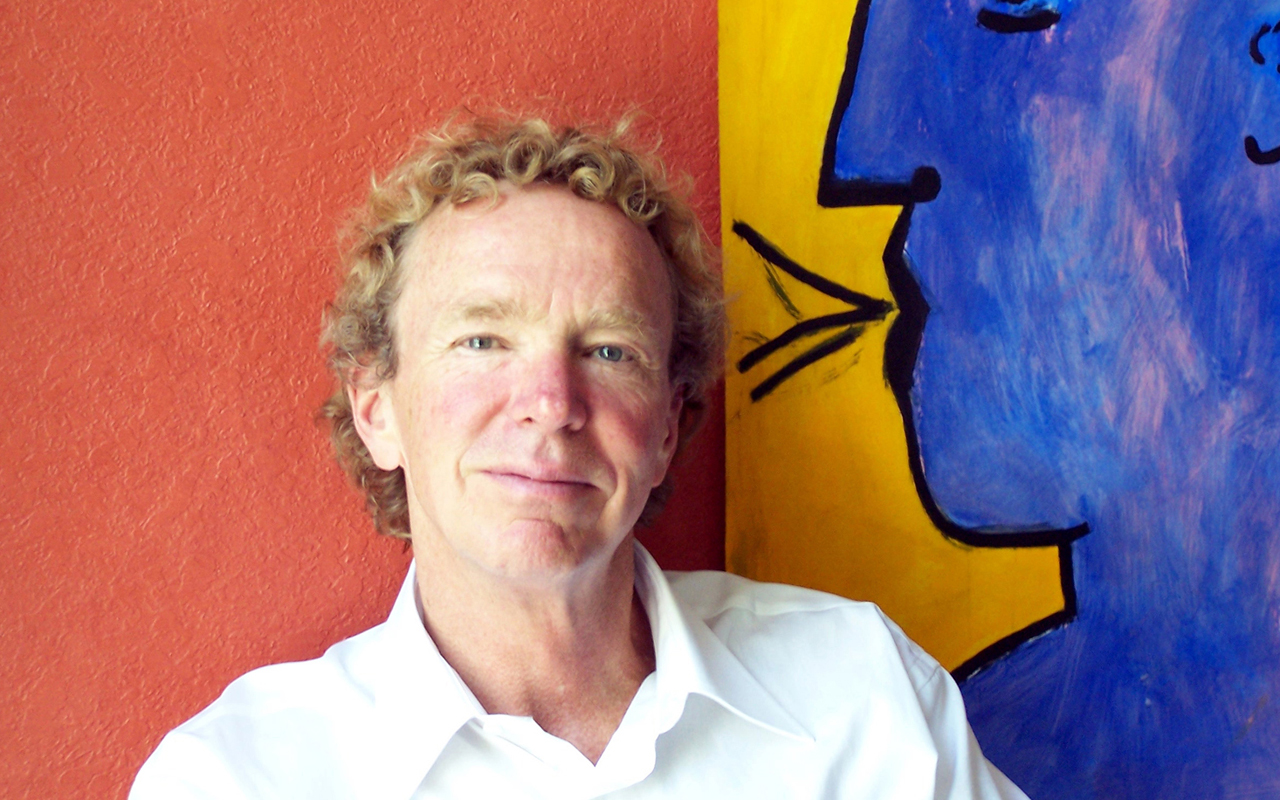
John Gilbreath photo by Bill Uznay.
Black History is NOW!
As we celebrate Black History Month, especially this February, it’s important to consider the word “history” in active terms. More than just a study of the past, history offers an opportunity to consider today’s realities in a larger arc with tomorrow’s possibilities. It can be a call to action. Realizing our own active role in history, we can more easily understand our responsibility to it. And with a year like 2020 still looming large in our rearview mirrors, the road ahead is equally clear. Black history is in front of us, not behind, and we all have work to do.
Jazz music is a cultural treasure of Black America. Simply put: no Black America, no jazz.
And jazz has an equally fluid relationship to history. To consider jazz as something that has already happened does it a grave disservice. Jazz history is a living history, and its deepest threads have always been about Black experience and Black innovation. Creative Black Music, Liberation Music, Black American Music (BAM), Black Arts, and what the Art Ensemble of Chicago advanced as “Great Black Music” have inspired and powered the art form through the years, in spite of cultural appropriation, white privilege, and the unbalanced power dynamics of the marketplace.
The Earshot Jazz organization is proud to have presented Seattle concerts by many of the legends of the Black avant-garde. In its early years, with the artistic vision of co-founder Gary Bannister, Earshot stepped right in with concerts by Cecil Taylor, Don Cherry, Sun Ra, Michele Rosewoman, Bobby Hutcherson, Butch Morris, James Blood Ulmer, Don Pullen, Jimmy McGriff, Horace Tapscott, Andrew Hill, Henry Threadgill, and the World Saxophone Quartet, among others.
Over the ensuing years, Earshot has offered Seattle stages to vanguard artists like the Art Ensemble of Chicago, Ornette Coleman, William Parker, David S. Ware, Sam Rivers, Pharoah Sanders, Amina Claudine Myers, Dewey Redman, Steve Coleman, Billy Bang, Wayne Shorter, David Murray, Kahil El’Zabar, Carmen Lundy, and Wadada Leo Smith. Earshot has presented artists close to the African diaspora, such as Abdullah Ibrahim, Randy Weston, Somi, Bheki Mseleku, Omar Sosa, and Hugh Masekela, as well as jazz poets Amiri Baraka, James McBride, Ishmael Reed, Paul Harding, and Kamau Daáood.
Earshot continues its commitment to creative Black arts by presenting forward-looking artists of the movement, often for their first time in Seattle, like Jason Moran, Christian Scott aTunde Adjuah, Darius Jones, Marquis Hill, Burnt Sugar, Nicole Mitchell, Matthew Shipp, Jazzmeia Horn, Joel Ross, Makaya McCraven, Brandee Younger, Ambrose Akinmusire, Craig Taborn, and many others. As always, we invite your suggestions and support. Now, more than ever.
Finally, and I think bears repeating: Happy New Year! We have a long way to go, to be sure, but it finally feels as if we’re unstuck, and at least inching it forward. Congratulations! Let us know how we can help.
Be safe out there.
–JOHN GILBREATH, EXECUTIVE DIRECTOR